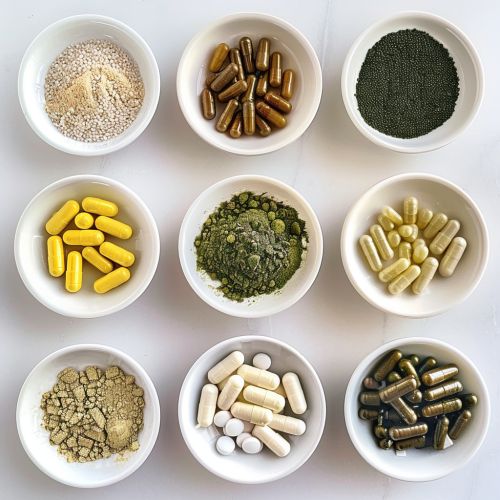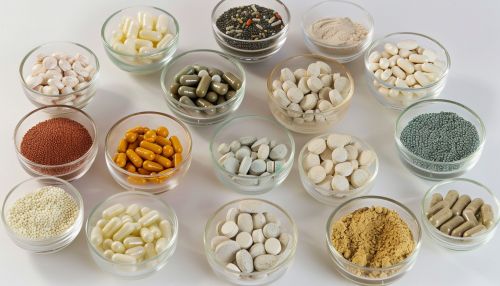Probiotic
Introduction
Probiotics are live bacteria and yeasts that are beneficial for health, especially the digestive system. Although we usually think of bacteria as something harmful, our bodies are full of bacteria, both good and bad. Probiotics are often referred to as 'good' or 'friendly' bacteria because they help keep the gut healthy.


History and Origin
The concept of probiotics originated at the start of the 20th century with Nobel laureate Élie Metchnikoff's research on Bulgarians' longevity, which he associated with their consumption of fermented milk products. Metchnikoff proposed that consuming beneficial microorganisms could improve people's health and set the stage for the study of probiotics.
Types of Probiotics
There are many different types of probiotics, and they belong to two main groups: Lactobacillus and Bifidobacterium. Lactobacillus, which is the most common probiotic, is found in yogurt and other fermented foods. Different strains can help with diarrhea and may help people who can't digest lactose, the sugar in milk. Bifidobacterium can be found in some dairy products and may help ease the symptoms of irritable bowel syndrome (IBS) and some other conditions.
Health Benefits of Probiotics
Probiotics have been studied for their potential health benefits, including:
- Digestive health: Probiotics can help move food through the gut, and have been used to treat conditions like IBS, inflammatory bowel disease (IBD), and infectious and antibiotic-related diarrhea.
- Allergies and Eczema: Certain strains of probiotics have been shown to reduce the severity of eczema and allergies in infants.
- Oral health: Probiotics may be beneficial for oral health, including the prevention of cavities, periodontal disease, and halitosis (bad breath).
- Mental health: Emerging research suggests a link between gut health and mood, and probiotics may play a key role in this gut-brain connection.
Probiotics in Food
Probiotics are naturally found in your body, but they can also be found in certain foods. Yogurt is the best known source, but they're also in other fermented foods like sauerkraut, kimchi, and miso. Probiotic foods are part of a larger category known as functional foods, or foods that have a potentially positive effect on health beyond basic nutrition.
Probiotic Supplements
In addition to foods, probiotics are also available as dietary supplements in capsules, tablets, powders, and liquid extracts. Each type of probiotic supplement — and each strain of each type — can work in different ways, so it's important to seek a healthcare provider's advice to find the right one for your health needs.
Safety and Side Effects
Probiotics are generally considered safe for most people, but they can cause gas, bloating, and upset stomach, especially at the beginning of use. More serious effects have been seen in people with compromised immune systems. As with any dietary supplement, it's important to consult a healthcare provider before starting to take probiotics.
Future Research
While there's some evidence to suggest that probiotics may be helpful in a number of conditions, more research is needed to confirm these benefits and understand how probiotics work. Future research will likely reveal even more about the role of probiotics in health and disease.
